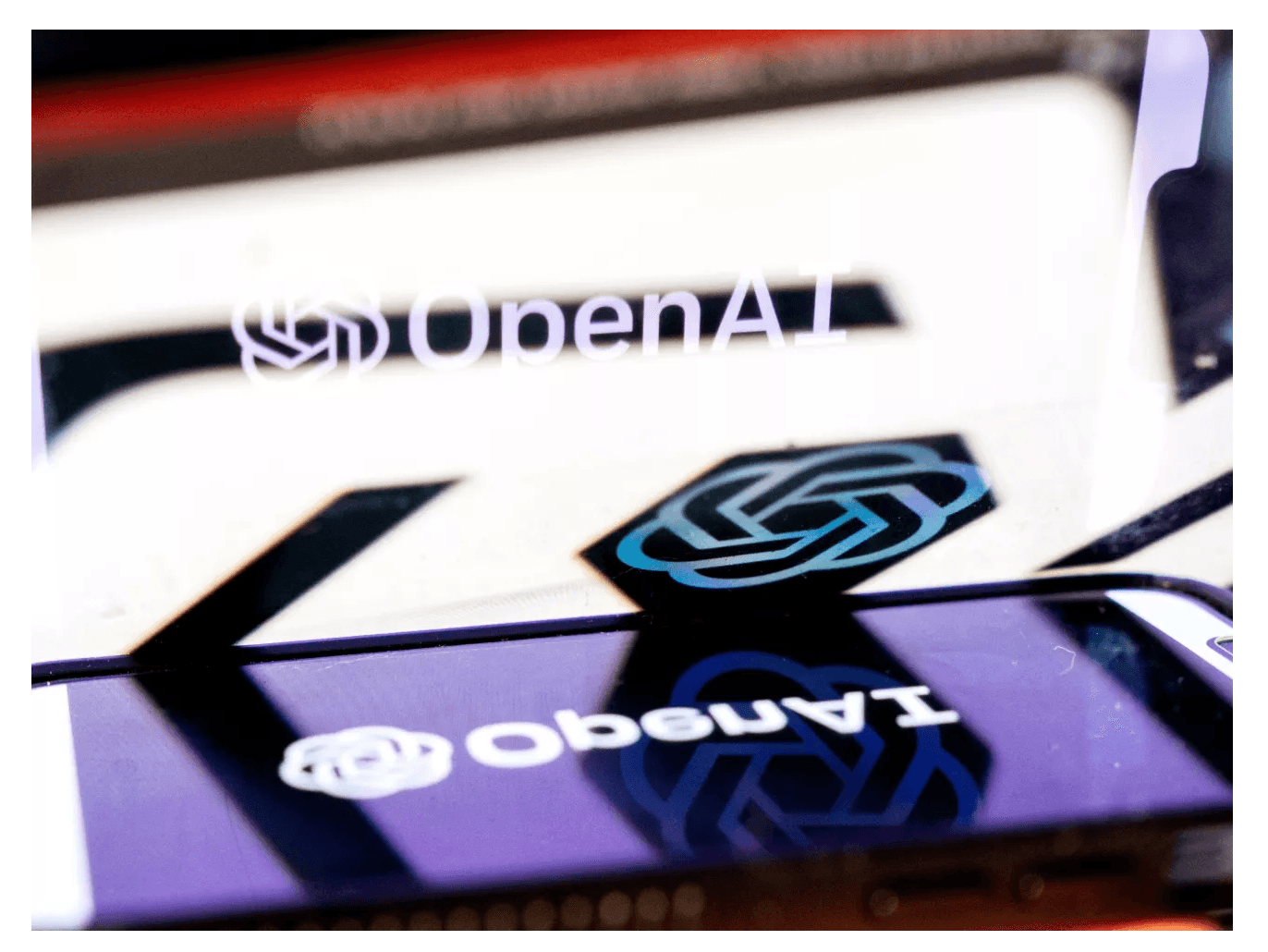NEWS: In A First, OpenAI Removes Influence Operations Tied To Russia, China And Israel, by Shannon Bond, published by NPR (Available Here)
Last week, OpenAI released a report detailing how state-affiliated bad actors have been using tools like ChatGPT to produce and disseminate disinformation. The report named Russia, China, Iran, and Israel as the main states involved in abusing its AI software for purposes such as, “generating social media comments in multiple languages, making up names and bios for fake accounts, creating cartoons and other images, and debugging code” for nefarious purposes. Meta’s global lead for threat intelligence, Ben Nimmo, commented that at the moment AI primarily offers bad actors benefits in boosting the volume of what they can produce and improves translations across languages.

ANALYSIS: Sexist Tropes And Misinformation Swirl Online As Mexico Prepares to Elect Its First Female Leader, by David Klepper, published by ABC News (Available Here)
ABC News’ David Klepper reports on the widespread use of misinformation and ad-hominem attacks targeted at the candidates in Mexico’s presidential election. He finds that both candidates have faced demeaning critiques about their appearance, their credentials, and their ability to lead the nation, while one candidate, Sheinbaum, also faced additional attacks based on her religious identity. The report also mentioned criticism of social media companies, including Meta, for prioritizing most of their election misinformation efforts on content in English while taking a “cookie-cutter” approach to the rest of the globe.
INTERVIEW: The Secret To Beating Political Disinformation Is Knowing When Not To Fact-Check, by Aaron Sankin, published in The Markup (Available Here)
In this article, journalist Aaron Sankin interviews Sasha Issenberg, the author of the new book The Lie Detectives, which analyzes how elections may be won in online ecosystems inundated with disinformation. One important element that Issenberg mentions is a cost-benefit test - one where responding to a negative claim should outweigh any potential consequences of amplifying it (the author describes this as the Streisand Effect problem). The book serves as a cautionary tale and a guidebook for modern online political campaigns that need to be much more judicious in what they talk about, when they respond, and when they choose to stay silent.

